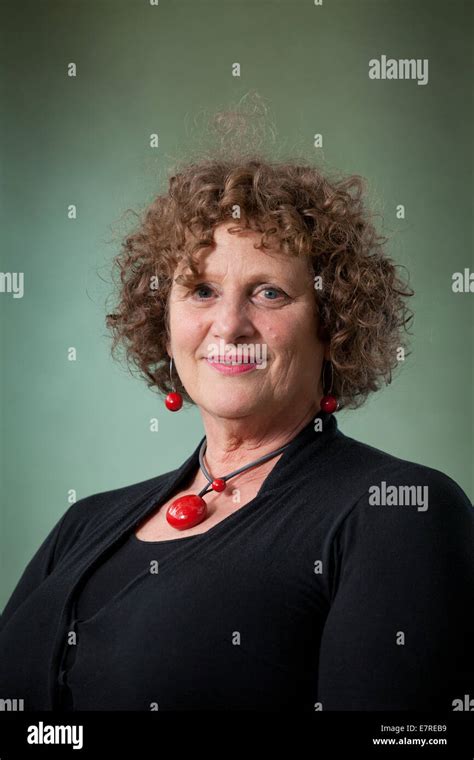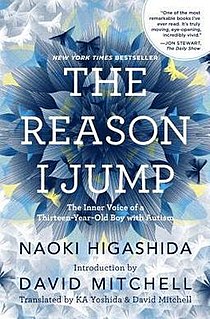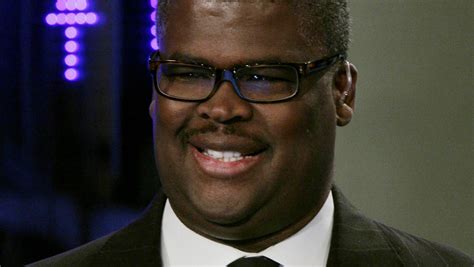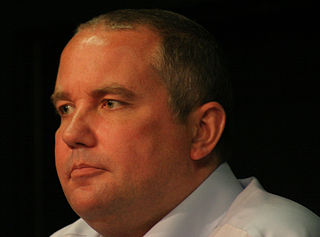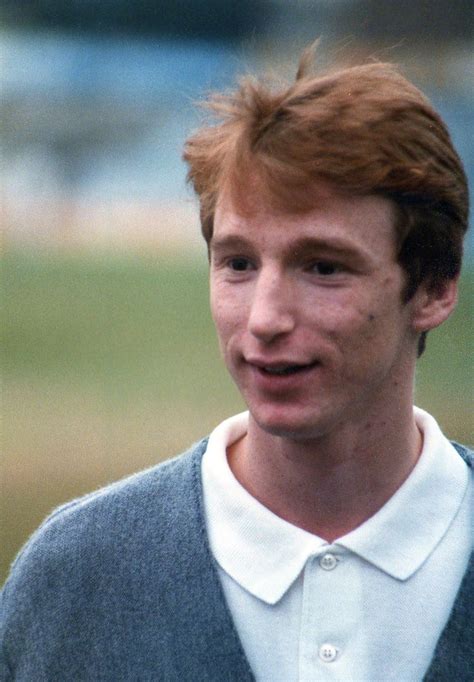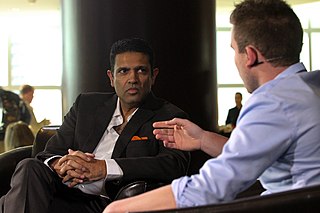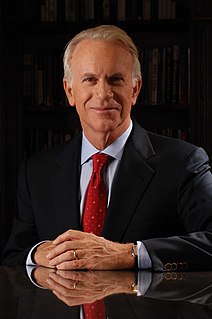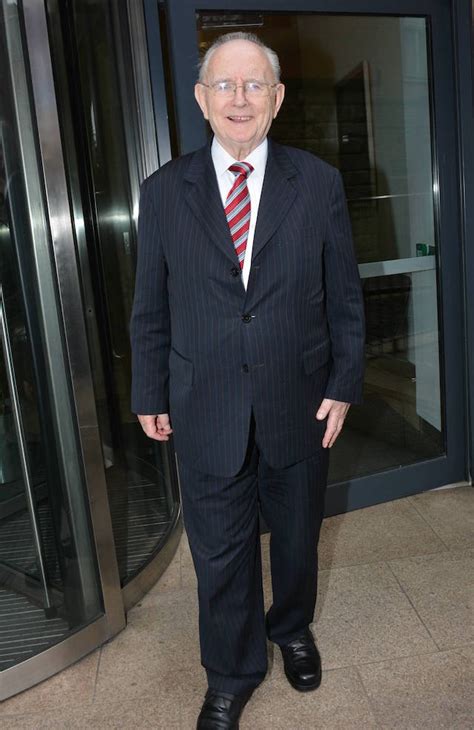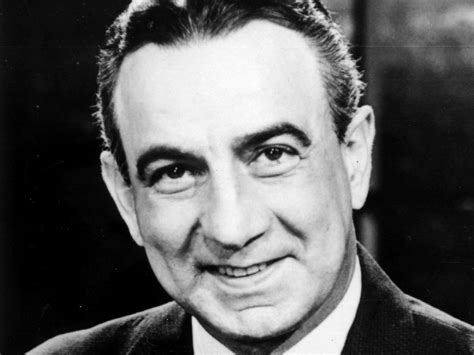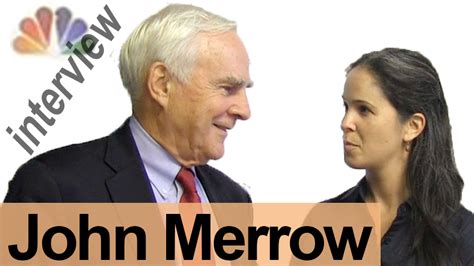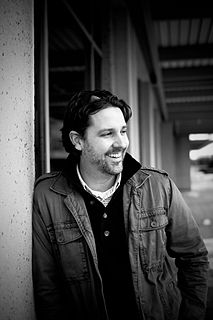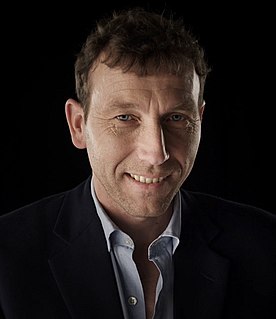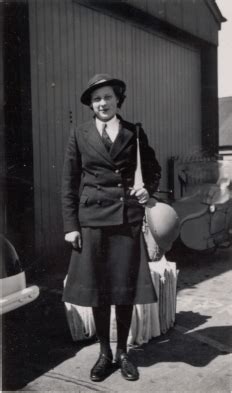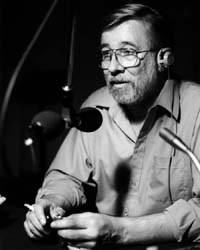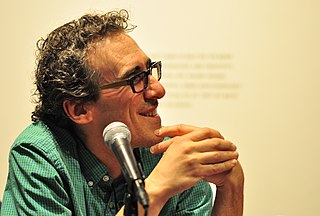A Quote by Ramona Koval
Books that recount ordeals are precious because an ordeal is what we most fear, and the stories that tell us how to survive them reassure us about what a human being is capable of, as we survive our own lives every day, our own mysterious journeys.
Related Quotes
But I ask you, those of you who are with us all day, not to stress yourselves out because of us. When you do this, it feels as if you're denying any value at all that our lives may have--and that saps the spirit we need to soldier on. The hardest ordeal for us is the idea that we are causing grief for other people. We can put up with our own hardships okay, but the thought that our lives are the source of other people's unhappiness, that's plain unbearable.
What does it matter, if we tell the same old stories? ...Stories tell us who we are. What we’re capable of. When we go out looking for stories we are, I think, in many ways going in search of ourselves, trying to find understanding of our lives, and the people around us. Stories, and language tell us what’s important.
I believe we have these capabilities. It doesn't mean that we will use them. Our future is not assured here. It's not clear that we will survive our own folly, but we have a rare opportunity to do that if we listen and see the messages that nature is showing at us right now, that the finiteness of our own resources and our own planet are showing us right now.
I think that most of us, anyway, read these stories that we know are not "true" because we're hungry for another kind of truth: the mythic truth about human nature in general, the particular truth about those life-communities that define our own identity, and the most specific truth of all: our own self-story. Fiction, because it is not about someone who lived in the real world, always has the possibility of being about oneself. --From the Introduction
We read novels because we need stories; we crave them; we can’t live without telling them and hearing them. Stories are how we make sense of our lives and of the world. When we’re distressed and go to therapy, our therapist’s job is to help us tell our story. Life doesn’t come with plots; it’s messy and chaotic; life is one damn, inexplicable thing after another. And we can’t have that. We insist on meaning. And so we tell stories so that our lives make sense.
So I found myself telling my own stories. It was strange: as I did it I realised how much we get shaped by our stories. It's like the stories of our lives make us the people we are. If someone had no stories, they wouldn't be human, wouldn't exist. And if my stories had been different I wouldn't be the person I am.
Being satisfied to drink the dregs from the cup of human progress will not demonstrate our fitness as a people to exist alongside of others, but when of our own initiative we strike out to build industries, governments, and ultimately empires, then and only then will we as a race prove to our creator and to man in general that we are fit to survive and capable of shaping our own destiny.
I am a man, and men are animals who tell stories. This is a gift from God, who spoke our species into being, but left the end of our story untold. That mystery is troubling to us. How could it be otherwise? Without the final part, we think, how are we to make sense of all that went before: which is to say, our lives? So we make stories of our own, in fevered and envious imitation of our Maker, hoping that we'll tell, by chance, what God left untold. And finishing our tale, come to understand why we were born.
At the most simplistic level physicists tell us that what we see as reality is not actually accurate. A rock looks solid to us but it's full of empty space and atoms moving and we see it as solid because we need to because it helps us survive, right? Survival being our goal. You can extrapolate that to many other things.
What do you know about yourself? What are your stories? The ones you tell yourself, and the ones told by others. All of us begin somewhere. Though I suppose the truth is that we begin more than once; we begin many times. Over and over, we start our own tales, compose our own stories, whether our lives are short or long. Until at last all our beginnings come down to just one end, and the tale of who we are is done.
